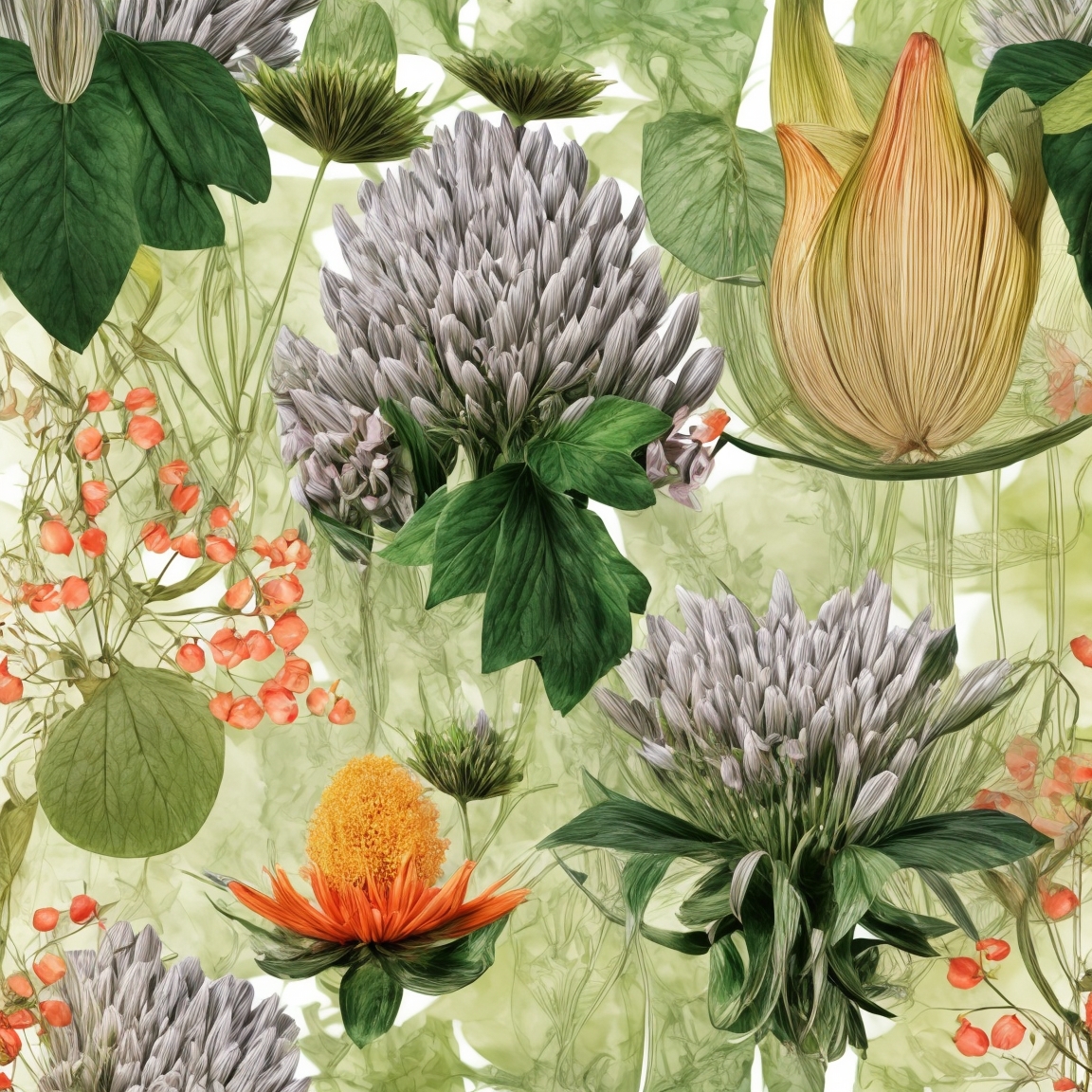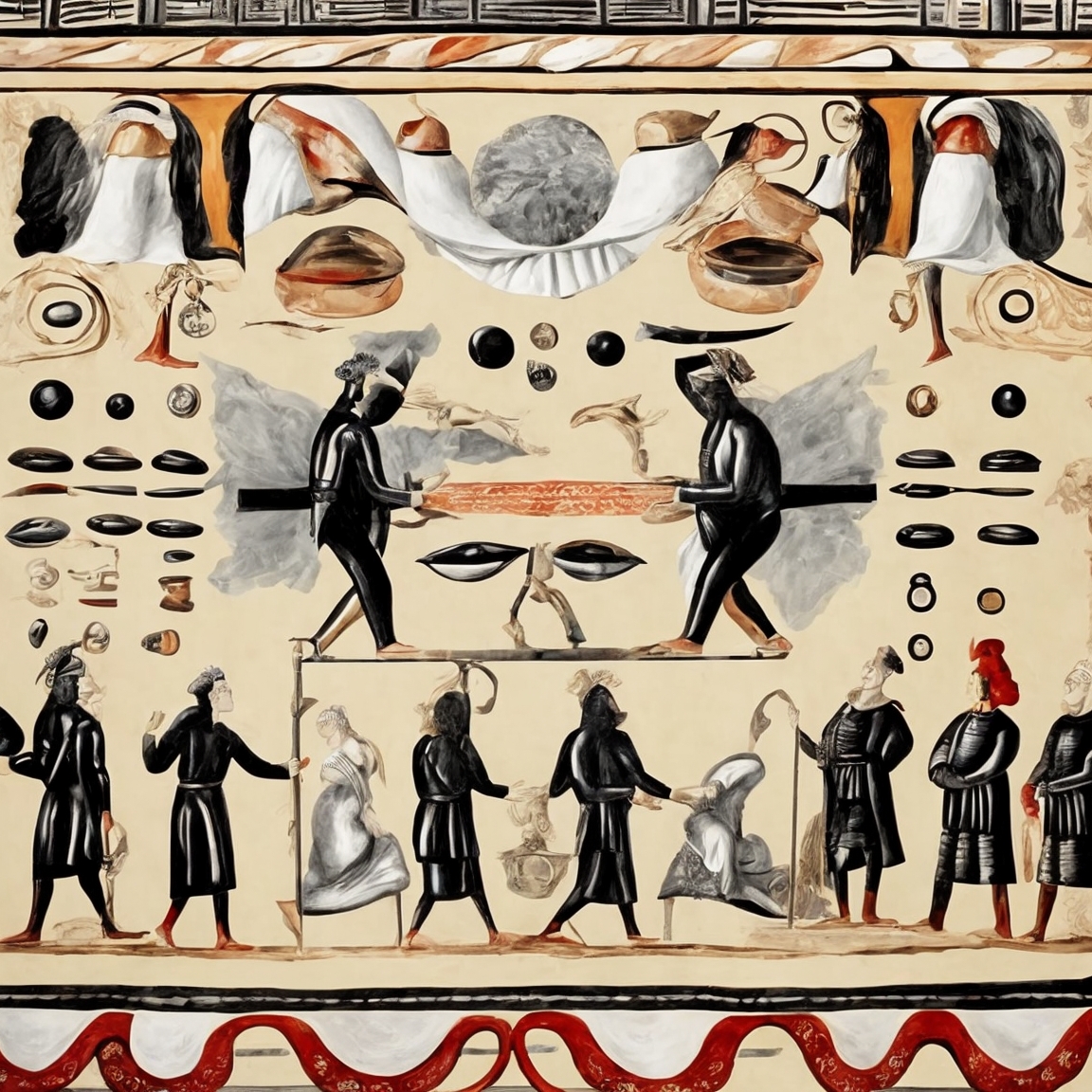The Science of Scents: A Journey Through Smell, History, and the Human Condition
The Power of Smell
A Window into the World of Senses and the Mind
The sense of smell, often underappreciated, holds a unique power over our emotions and memories. A whiff of freshly cut grass can transport us back to summer days of our childhood, while the scent of baking bread may evoke feelings of comfort and home. But how does this sense work, and why does it have such a profound impact on our experiences? In this blog post, we will embark on a journey through the science of scents, exploring the fascinating world of olfaction and its intersections with history, culture, and the human mind.
Unraveling the Mysteries of Olfaction
Olfactory science, or the study of smell, is a complex field that combines biology, chemistry, and psychology. It involves understanding the mechanisms of odor detection, from the binding of odor molecules to receptors in the nose, to the interpretation of these signals by the brain. This process is highly individualistic, shaped by our unique genetic makeup and personal experiences.
The sense of smell is closely linked to memory and emotion. This is because the olfactory bulb, responsible for processing odors, has direct connections to the amygdala and hippocampus, brain regions involved in emotional response and memory formation. As a result, scents can act as powerful triggers, evoking vivid recollections and intense feelings.
A Historical Perspective: From Potions to Perfumes
Throughout history, the sense of smell has held great significance. In ancient times, fragrances were believed to possess magical properties, with potions and incense used in religious rituals and for medicinal purposes. The art of perfumery also has its roots in antiquity, with civilizations like the Egyptians and Romans creating complex fragrances to honor their gods and enhance their daily lives.
The Renaissance brought a renewed interest in the science of scents, with scholars like Leonardo da Vinci studying the sense of smell and its connection to the mind. This led to advancements in fragrance creation, with perfumers becoming highly sought-after artisans. The use of fragrances also extended beyond personal pleasure, with scents believed to have the power to ward off disease and improve health.
The Science of Scents Today
In modern times, the study of olfaction has advanced significantly, thanks to developments in fields like genetics, neuroscience, and information technology. Researchers can now identify the specific genes and neural pathways involved in odor perception, as well as map the complex chemical structures of different scents. This has led to a deeper understanding of how smell works and its impact on our lives.
Additionally, the application of scent has expanded beyond perfumery and flavor enhancement. Scent marketing, for example, utilizes fragrances to influence consumer behavior, while aroma therapy harnesses the power of smell to promote relaxation and well-being. The sense of smell is also being explored in fields like computing, with the development of ‚digital smell technologies‘ that aim to enhance our digital experiences.
Conclusion: The Enduring Fascination of Scents
The sense of smell continues to captivate and intrigue, offering a window into the complex workings of the human mind and our rich historical past. As we continue to unravel the mysteries of olfaction, we not only deepen our understanding of this ancient sense but also open up new possibilities for innovation and exploration. So, the next time a familiar scent stirs a long-forgotten memory or evokes a strong emotion, remember the fascinating science that lies behind it.













































